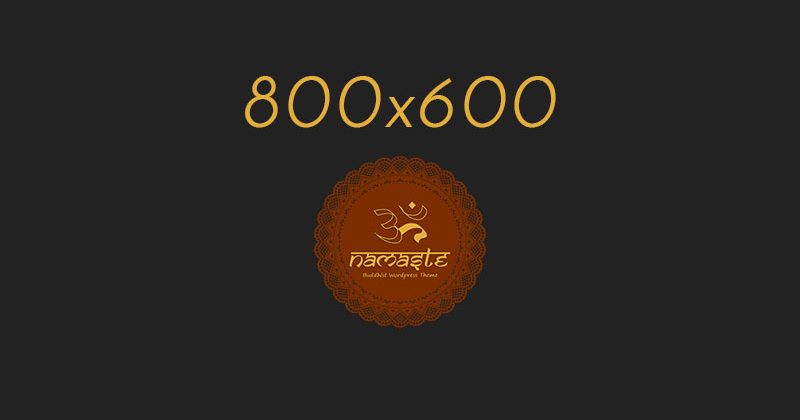A bhikkhu (Pali, Sanskrit: bhikṣu) is an ordained monastic („monk“) in Buddhism. A female monastic (nun) is called a bhikkhuni (Sanskrit bhikṣuṇī). The lives of all Buddhist monastics governed by a set of rules called the prātimokṣa or pātimokkha.[1] Their lifestyle is shaped to support their spiritual practice: to live a simple and meditative life […]

